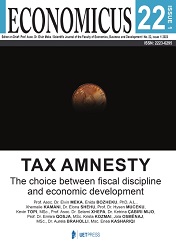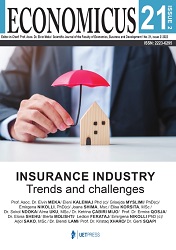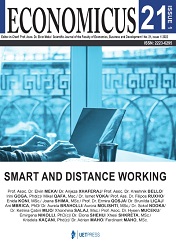
The new tax and investigation (criminal) amnesty in Albania – Some legal and economic considerations in comparison with the Italian case
The new tax and investigation (criminal) amnesty in Albania – Some legal and economic considerations in comparison with the Italian case
Keywords: tax & investigation amnesty; moral hazard; fiscal policy; fiscal discipline;
The Albanian Government intends to undertake a comprehensive tax and criminal amnesty, which is totally different from the two previous ones, which were not only partial and not truly tax amnesties but lacked the criminal component. This paper tries to shed light on key economic, financial and legal inconsistencies and pitfalls such draft law contains in the proposed form. Notwithstanding its good intentions, going down to practical and legal grounds, the amnesty that is being proposed constitutes in itself a very complex and difficult decision, for the very twilight landscape it depicts. Also, as the legal analysis shows, the proposed fiscal and criminal amnesty creates open conflicts with other organic laws (Criminal Code and Civil Code) and the respective legal framework that regulates the aspects of prevention and money laundering and the financing of terrorism. Furthermore, using a comparative analysis with the Italian fiscal and penal amnesty, it results that in case of the Albanian draft law on the (fiscal & criminal) amnesty, the inconsistency between the entities to which the voluntary declaration can be applied, the general exemption from criminal liability in case of declaration of assets, regardless of the source of their creation, leaves clear space for abuse and leaves a path for this procedure to return to fertile territory for money laundering. We conclude that, despite the fact that undertaking of a fiscal and criminal amnesty should not be considered a taboo in itself, a successful fiscal and criminal amnesty should be based on an in-depth analysis of the market’s needs, it must avoid conflicts with the existing legal framework in Albania, and respect the constitutional principles and the concepts of guaranteeing the rule of law and the fight for the prevention of crime and forms of laundering the products of criminal activity.
More...

